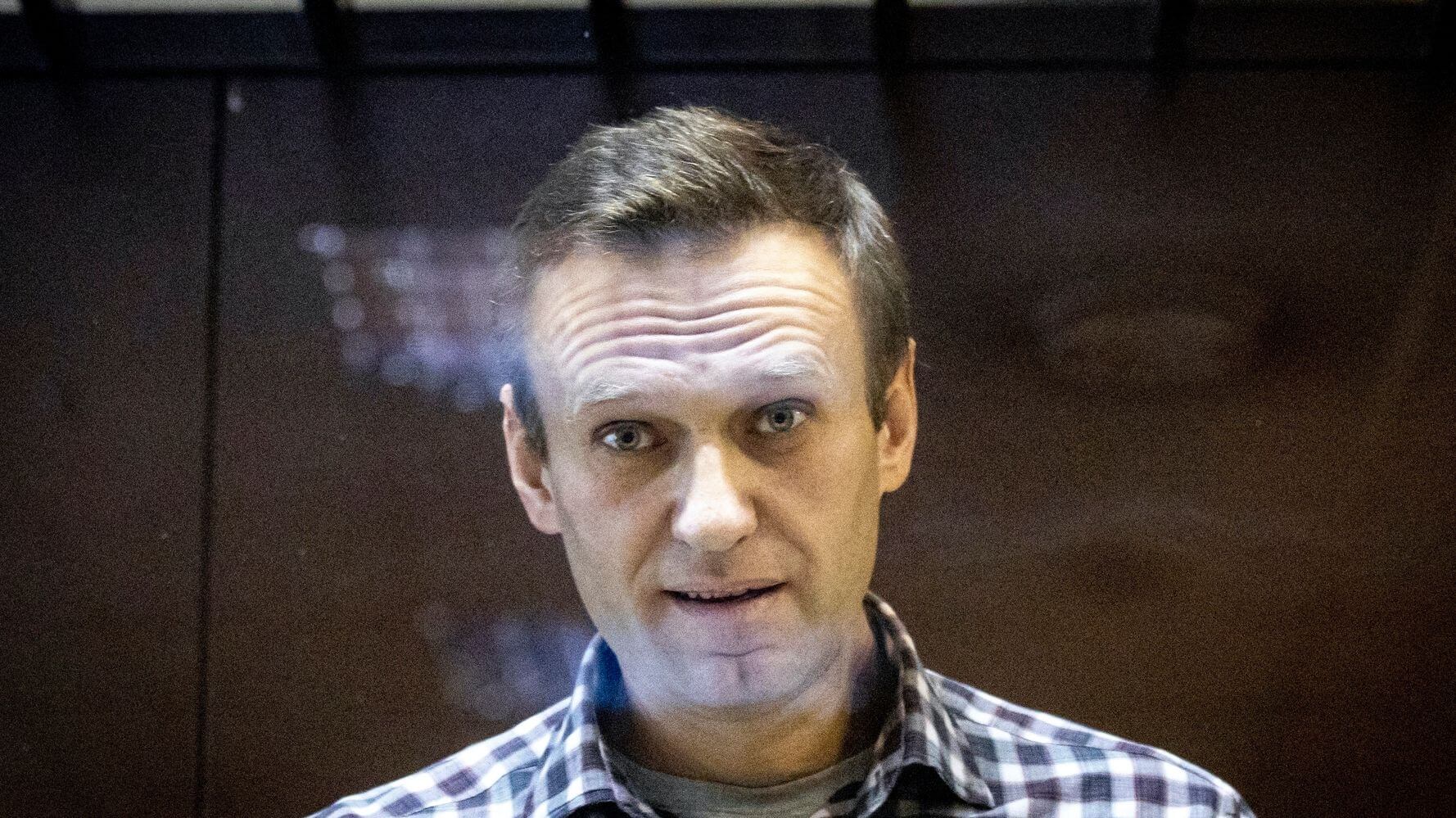The Moscow City Court on Wednesday ruled in favour of banning Kremlin critic Alexey Navalny’s Foundation for Fighting Corruption (FBK), labelling it an “extremist” group. The decision effectively bars all members of the Foundation across Russia from standing for public office. It also paves the way for other individuals associated with the organisation, including activists, donors, or even those who shared their material, to be criminally prosecuted.
According to Al Jazeera, the hearing was conducted in secret, with the court claiming that publicising the session would result in the disclosure of classified information. The Russian court’s judge also refused to allow Navalny to participate in the hearing via video conference. Following the hearing, the court called for the organisation to be liquidated and the ownership of all its properties to be transferred to the Russian Federation.
Alexei Zhafyarov, a spokesperson for the prosecutors of the case before the court, said, “It was found that these organisations not only disseminated information that incited hatred and enmity against government officials, but also committed extremist actions.” He added that the FBK was involved in activities that destabilised the political institutions in Russia. Besides Navalny’s FDK, Russia’s list of extremist organisations features over 30 groups, including the ISIL (ISIS), Al-Qaeda, and Jehova’s Witnesses.
The ruling has attracted criticism from Navalny’s supporters, who believe it to be a ploy to suppress the opposition’s bid to defeat President Vladimir Putin during the upcoming parliamentary elections.
The FBK, established in 2011, has been monumental in critiquing the Kremlin and publishing investigation reports on corruption among high-level officials. However, in April, following a court-ordered injunction against the organisation that called for a suspension of all activities, its offices across Russia were shut down.
The decision has also attracted criticism from several Western countries. United States State Department spokesperson Ned Price expressed his condemnation, stating that it “further restricts the ability of opposition candidates to appear on the ballot in the September Duma elections.” He added that Russia has effectively criminalised one of the country’s few remaining independent political movements.
British Foreign Secretary Dominic Raab said, “It is another Kafka-esque attack on those standing up against corruption and for open societies, and is a deliberate attempt to effectively outlaw genuine political opposition in Russia.”
Earlier, US President Joe Biden had termed the situation as “totally unfair” and “inappropriate.” Although the international community has decried Navalny’s arrest and treatment as politically motivated, Moscow has dismissed all accusations and insisted that its actions are consistent with Russian law.
Navalny has been in detention since January, following his return from Germany after recovering from an allegedly state-authorized assassination attempt. The leader is currently serving a 2.5-year prison term over multiple violations of a 2014 suspended sentence for fraud charges.

